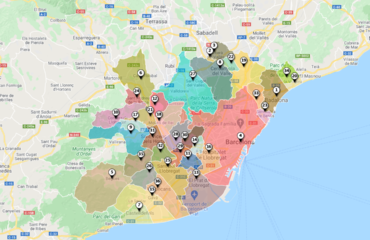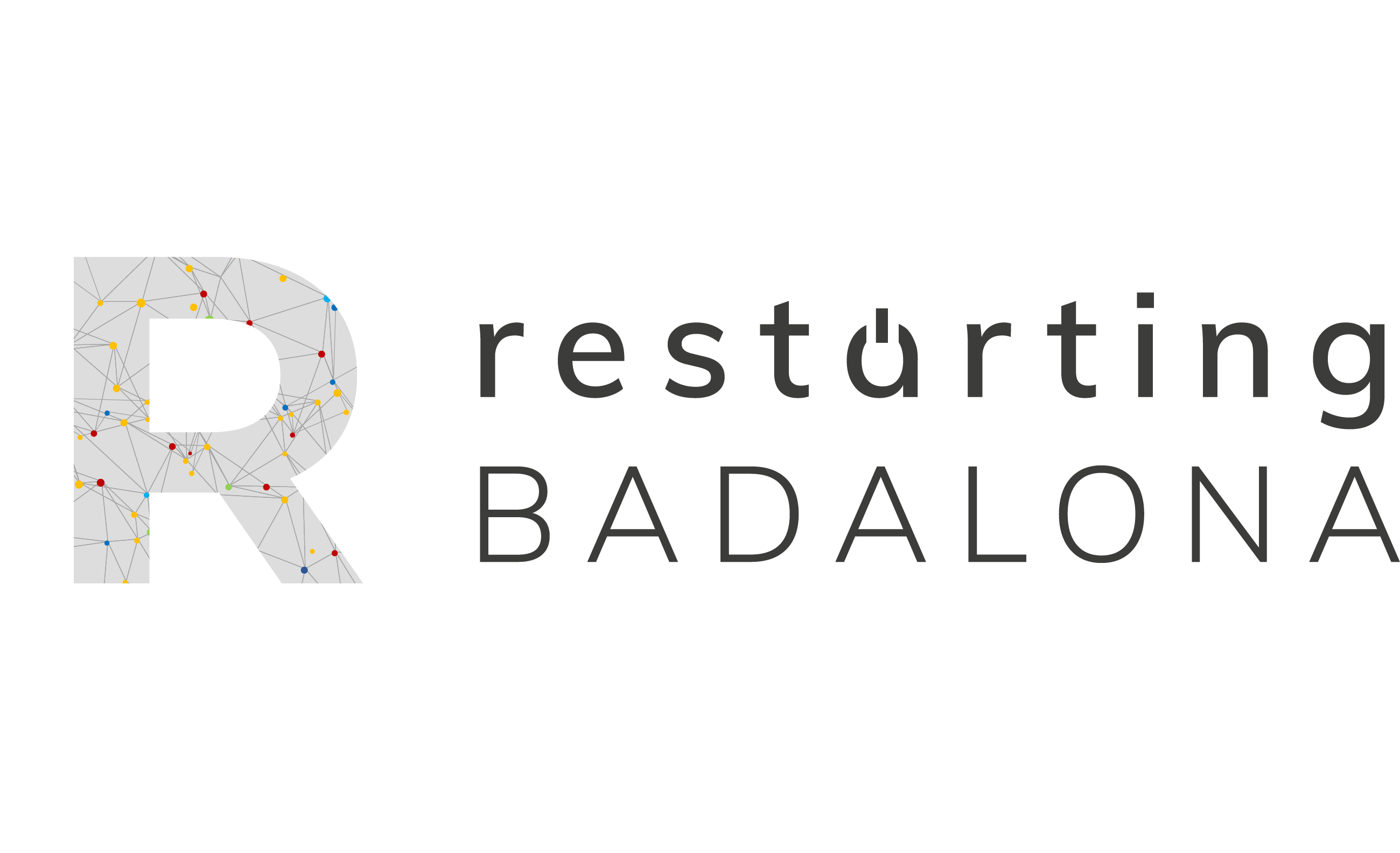By 2030, the quantum computing market is projected to reach $ 65 billion, from the $ 500 million it just reached in 2019. According to a CIR estimate, quantum computing revenues are set at $ 8 billion in 2027 alone.
China launched the first quantum satellite in 2016. The United States, Germany, Russia, India, and the European Union have stepped up efforts toward quantum computing to understand that it has significant strategic potential. President Trump himself authorized the spending of $ 1.2 billion in quantum science for the period 2019-2023 (National Quantum Initiative Ac). The Indian government has announced in its 2020 budget a disbursement of $ 1.12 billion for the period 2020-2025. Similarly, Europe is funding a series of research projects in the field of quantum with 1 billion euros.
WHAT IS QUANTUM COMPUTING?
A quantum computer is a computer where the laws that describe it are not those of classical physics, but those of quantum physics. Thus, instead of bits we will have qbits (also called cubits or qubits). Qbits, like bits, can be worth 0 or 1, but – and here’s the big difference – they can also be worth 0 and 1 at a time.
We can see that a quantum computer is able to calculate many solutions to one problem at a time, and if we know how to design the program properly, we can find, of all the solutions, the one that is most likely to be correct. Therefore, we can understand that a big difference between a classic computer and a quantum computer is that the classic one explores all the solutions one after the other and finally finds the right one, while a quantum computer has all the solutions at once and suddenly , find the one that is correct.
We should not confuse computing speed with the amount of information. That is, a quantum computer does not give more information than a classical one, since with n qbits we can transmit at most n bits of information (Holevo’s theorem), what happens is that a quantum computer can find solutions of a different way than a classic. In other words, a quantum computer won’t do anything that a classic computer can’t do (according to David Deutsch), but it will do it much faster.
WHAT IS THE ADVANTAGE OF THIS?
So a computing power that is exaggeratedly more beastly than that of a classic computer.
We understand as quantum supremacy the point at which a quantum computer will be able to complete a mathematical calculation that is, demonstrably, beyond the capabilities of the most powerful supercomputer. Google, using its quantum computer, has solved a math problem in 200 seconds, while a classic supercomputer would take 1,000 years to solve the same problem.
Reaching quantum supremacy will allow us to advance in fields where we now find it extremely difficult or too complex to investigate. So, the fields where it will be most useful in the beginning can be:
- Simulation. Simulate the behavior of matter at the molecular level. Volkswagen and Daimler, for example, use quantum computers to simulate the chemical composition of car batteries to make them more efficient. There are also some pharmacists who use them to create new drugs.
- Optimization. Optimization problems are a field where quantum computers will be able to work very well, as they can, from huge amounts of data, find solutions very quickly. Airbus uses these algorithms to find the right maneuvers for an aircraft to use the optimal amount of gasoline. A well-known transport company runs these algorithms for route optimization.
- Randomness. Quantum computing is capable of generating true random numbers. This may have a direct application to draws and game theory, as the result (unlike the pseudo-random numbers that a classic computer can generate) is indeterministic.
- Artificial intelligence. The problems that are part of this field are a good basis for quantum computing, as they require a lot of data and calculations. These models based on quantum computing can improve the resolution of a whole range of problems in which intuition plays an important role, such as natural language recognition, financial market simulation, medical diagnosis, detection of possible errors. in critical systems or even the simulation of human behavior.
- Cryptography. The mathematician Peter W. Shor developed an algorithm capable of factoring a number incredibly fast. Number factoring is a complex problem that a classic computer can take years to solve and is the basis of widely used public key cryptography (credit cards, e-commerce…). This means that by the time we are able to build one practical quantum computer, this encryption will become obsolete and alternatives will have to be used.
CURRENT MARKET
The market is currently led by a handful of companies that are researching and developing hardware capable of executing quantum algorithms. The top three companies leading the industry are IBM, researching and building a general-purpose quantum computer; Google, which focuses its research on simulation, and D-Wave, which has built a quantum computer that specializes in problem optimization. But companies such as Microsoft, Alibaba, Nokia, Airbus, HP, AT&T, Toshiba, Mitsubishi, Volkswagen are also devoting resources to it.
All the expenses that these companies make are seen as investments in the face of the forecast that they made at the beginning of the money that will move this paradigm shift. How much would it cost a car company to have a car battery that would last 100 times longer? How much would it cost a pharmacist to find a drug to stop Alzheimer’s? What turnover would a company have that had an online shopping system millions of times more secure than it does today? What harm could a hacker do to break the security of companies like Visa, MasterCard, etc. in a matter of seconds?
Pep Oncins, member of Associació Restarting Badalona



